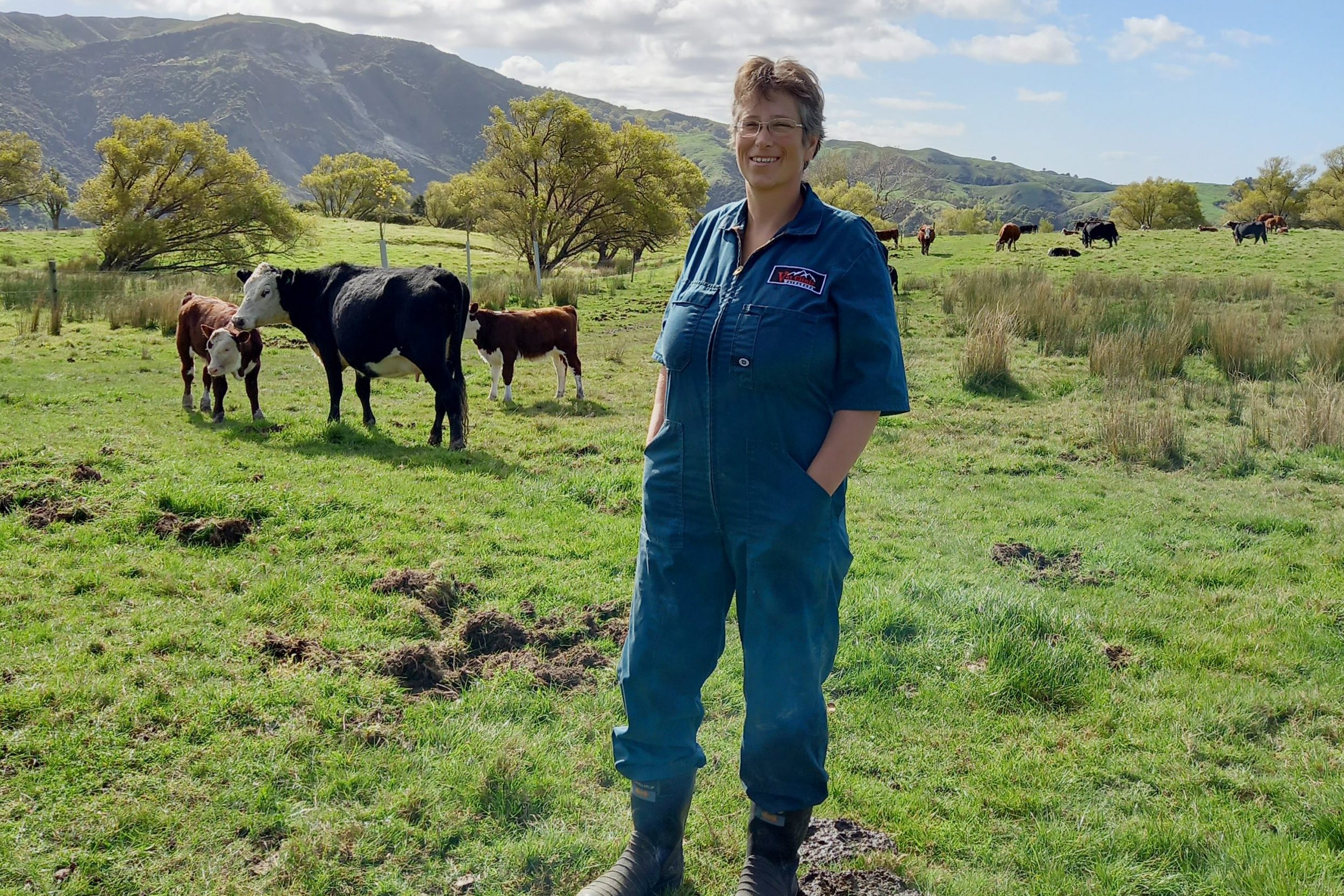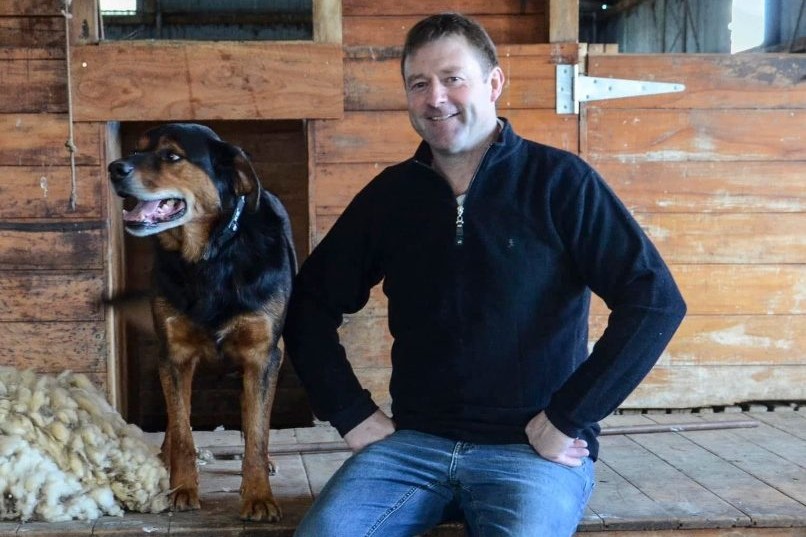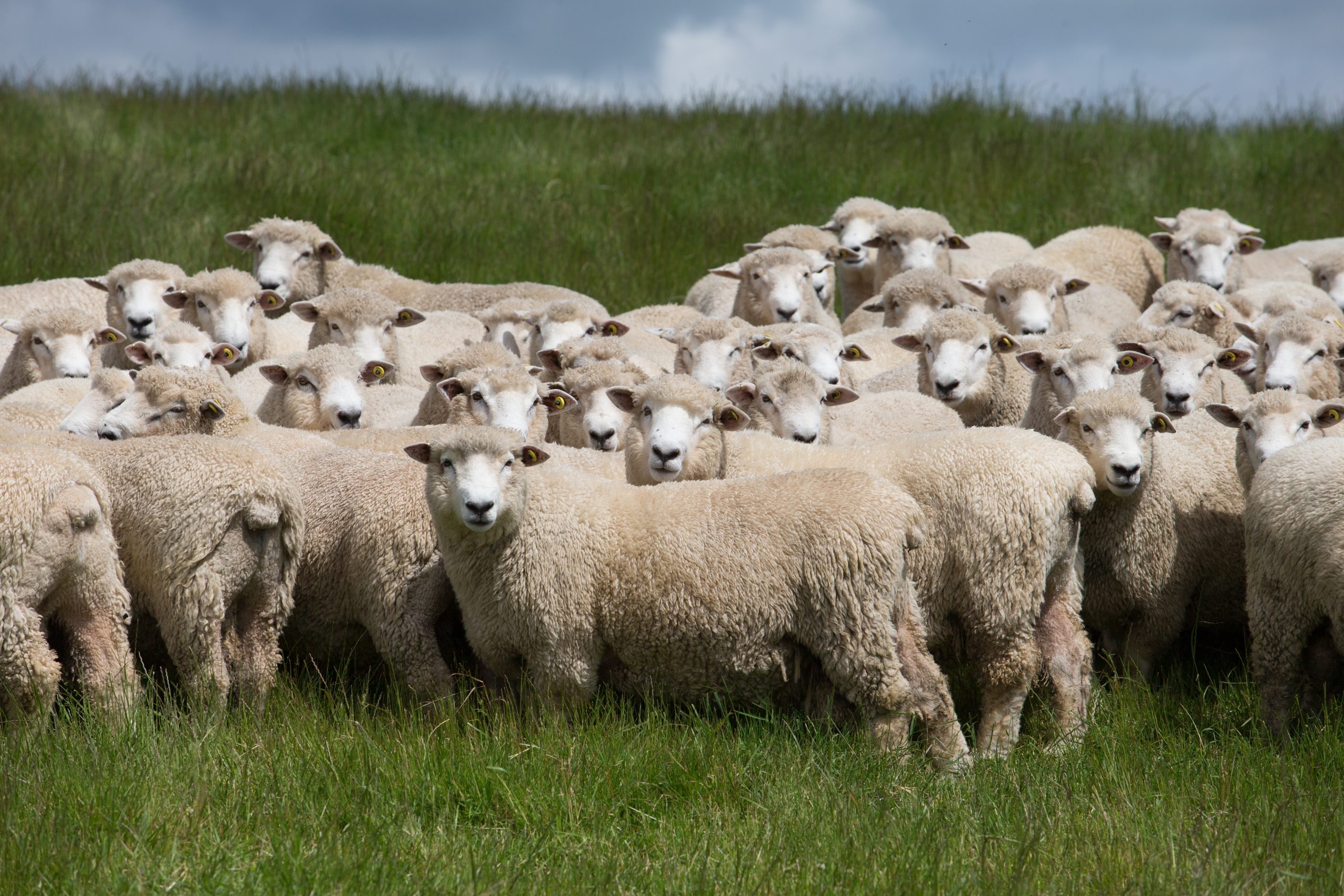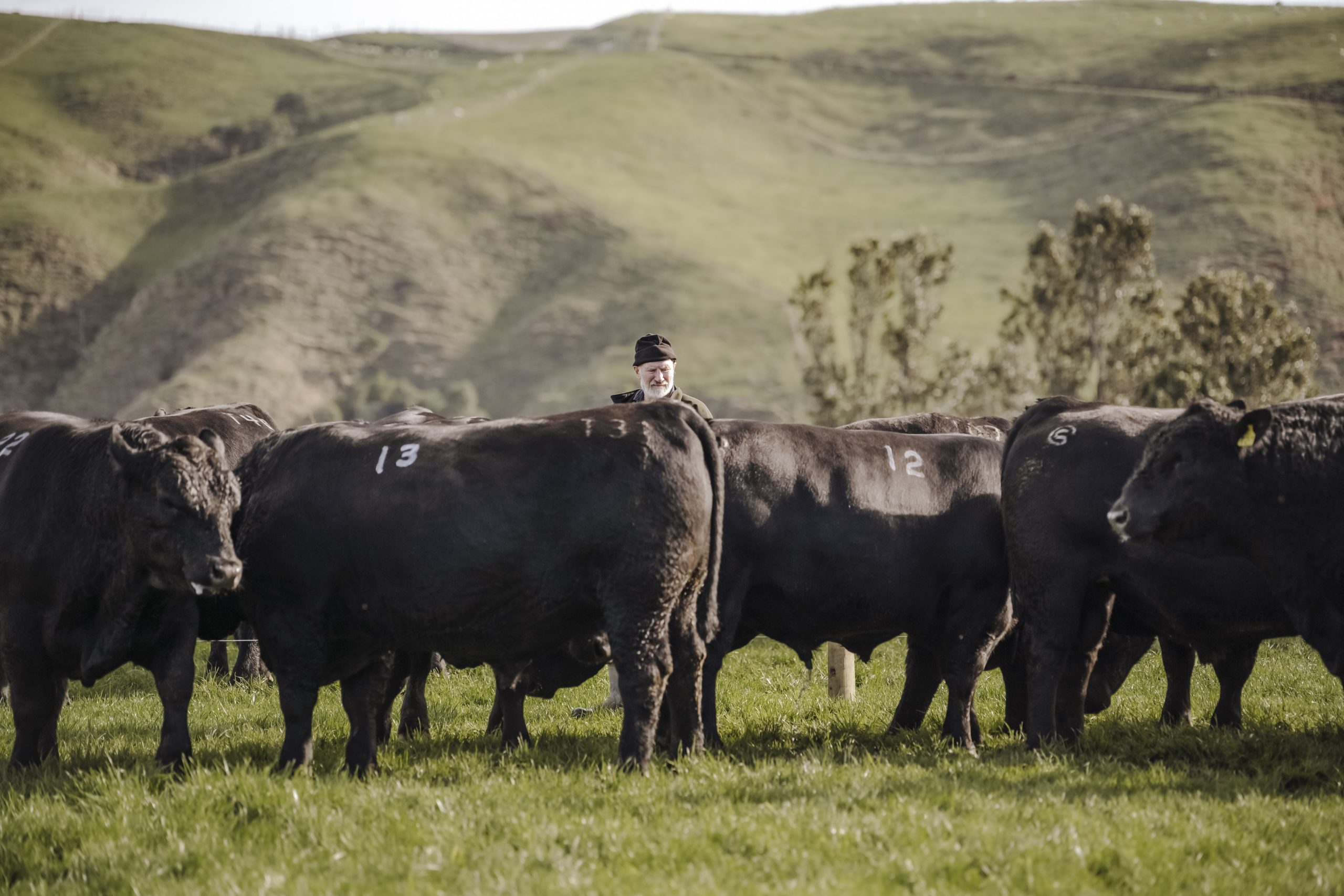Hard to comprehend
Trevor Cook has been hosting farmer groups around the country and is all too aware of the disconnect between farmers facing numerous issues and those who make the rules.

I read recently that time today is five times faster than time was in the earlier universe. This is a concept I just cannot get my head around, and one that hardly matters to me. But it was my lack of being able to comprehend it that made me read it again.
It struck me that in discussions I’ve been having with farmer groups around the country, many farmers must feel the same way about some of the stuff coming their way.
A good example recently was in an area decimated by pine tree planting. The farmer whose neighbours had all gone into trees just could not see how his sheep and cattle could be making a significant impact on the temperature in the world.
So what was the value in working out a number in order to find a way to decrease it? Trying to suggest that market access was bothered about this fell on deaf ears at a time when the market for his lamb and beef was rewarding him based on a few carcase characteristics. It highlighted the massive disconnect between politics and markets and producers. For these three, time probably does move at different speeds.
Reading in the same magazine as the time change was an article about prebiotics. These are the fuel in the gut for the good bugs to live on. Certain foods are good at doing this and in that list is milk. Just as well we produce plenty.
Another story in the magazine was about a study that revealed consuming extra of the amino acid taurine extends life by 12%. This was in mice so needs to be taken with a grain of salt. But it backed up lots of other surveys that have shown a link between ageing and taurine levels.
What is a very good source of taurine? Red meat. These articles just added to the huge number that show the health benefits of consuming animal products, but these studies hardly star in our urban press.
The farmer groups mentioned above exposed a widespread poor sentiment driven by so many things: markets, potential regulation, weather, labour shortages and farm inflation. For some farms with so much damage it is hard to see their way forward. Farm budgets that are now all actuals for this last year do not look good and the budgets for the year ahead are no more comfortable. Rural spend will be down and the low tax take is tangible evidence of this downturn. But these farm groups never fail to come up with positive stuff.
The move into low- or no-wool sheep options is growing momentum, supported by more stud-breeding activity. Just brainstorming policy options can be enough to generate enthusiasm. New approaches to taming gorse and introducing new legume options into traditional crops came out of another group.
An interesting conclusion to a June meeting was on a farm owned by an accountant. He spent the day with his manager sharing the farm with the group. Suggestions and ideas flowed freely leaving the manager and owner with a number of policy and management options to ponder.
As I left, the accountant expressed amazement with the day, saying that in his office his accountants did not freely share what they did, yet on this day he experienced farmers willingly giving advice and sharing knowledge. This is unique to farming and is a forum that is very powerful in supporting change.
As I drive around the country I have been exposed to so many damaged roads. The impact on transport has been immense and what a godsend to orange road cones. I often talk to them, particularly when they have chosen to be somewhere with no apparent damage. My response has been tempered by a comment from one of my daughters who recently returned from a few years working in poor countries. She told me that I should be grateful that someone was trying to fix the roads. But I’m not sure our expectations are excessive when we do have the wealth to have that backup.
It is the internal road damage on farms that has not hit the headlines but is still severely restricting farm activities on many farms. No wider community wealth is coming to the rescue here, yet once again the farming businesses will work their way through getting back on track. That is the long history of New Zealand farming.
In my last column I mentioned the science that linked low-methane outputs from ruminants with smaller rumens. Hence lower feed efficiency. It seems that this struck a sensitive nerve in the politics of the greenhouse world because it did not fit their agenda.
Breeding lower-emitting sheep and cattle is such a good story, even though we have been breeding for lower-methane animals for the last 40 years by selecting for efficiency. We cannot afford to lose that by getting sidetracked with measuring methane outputs.
- Trevor Cook is a production animal consultant/ veterinarian in Feilding.




